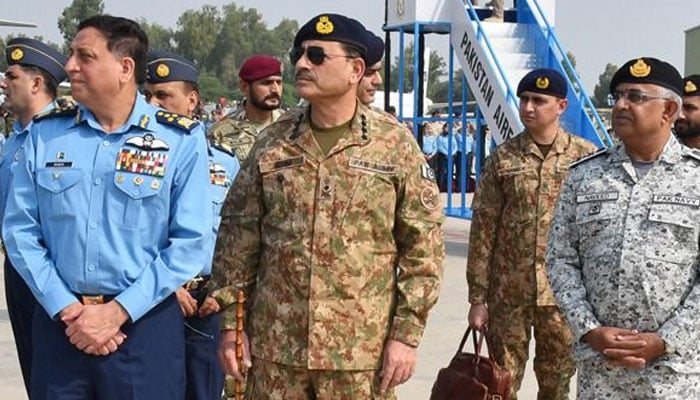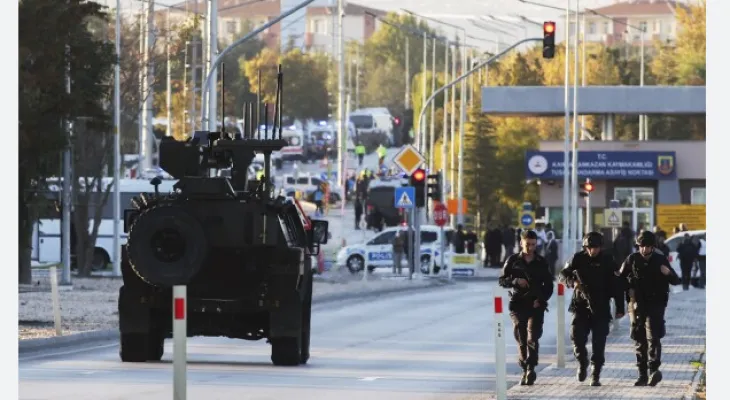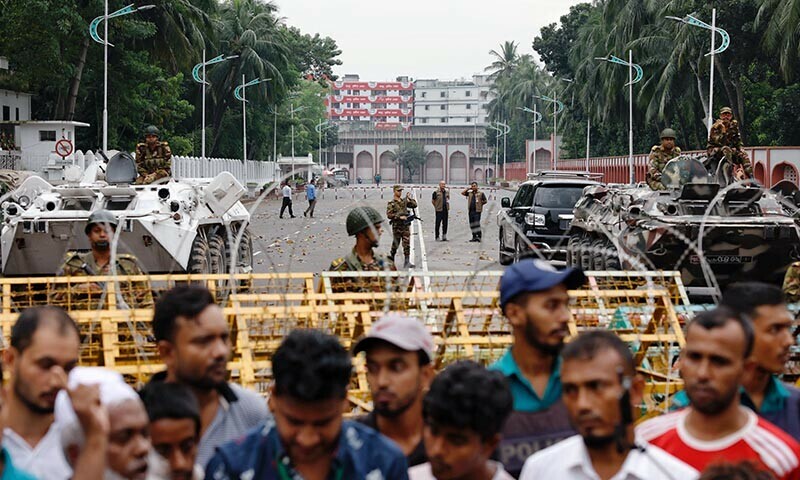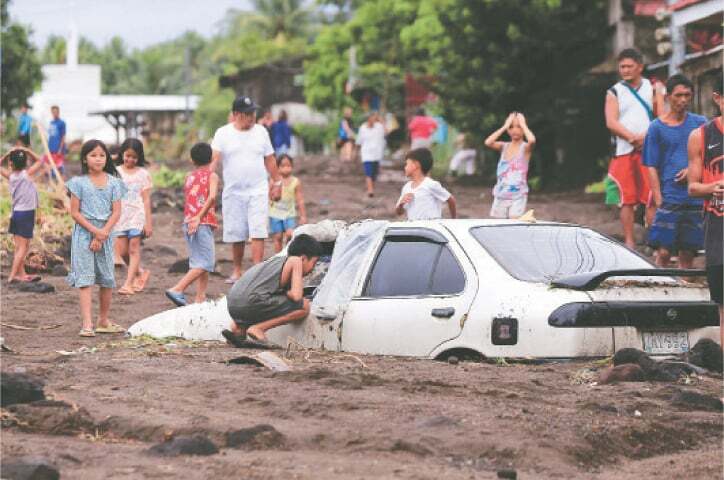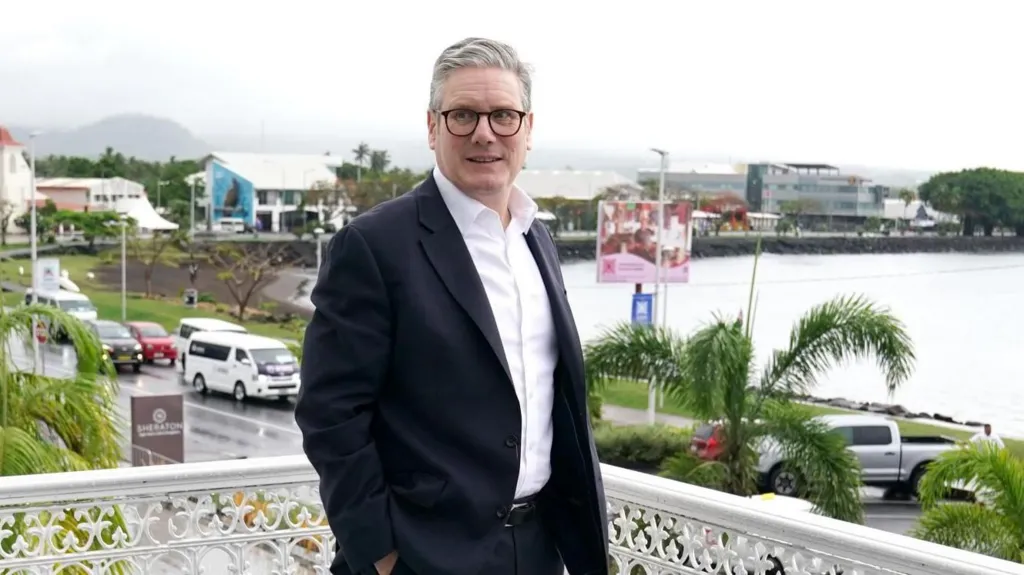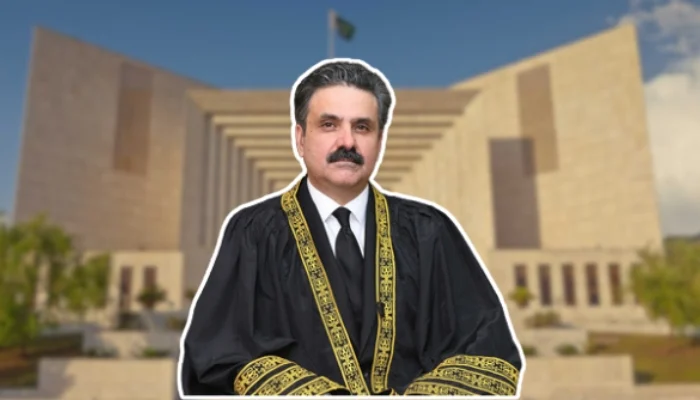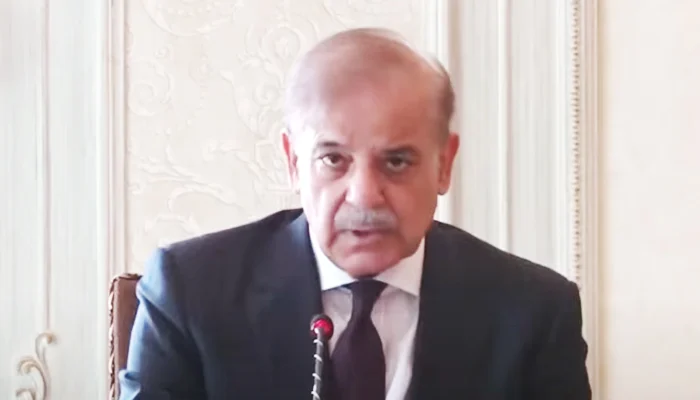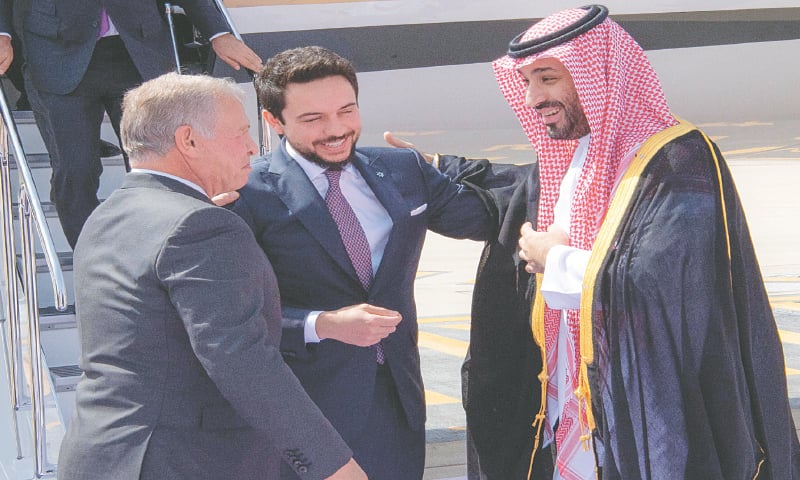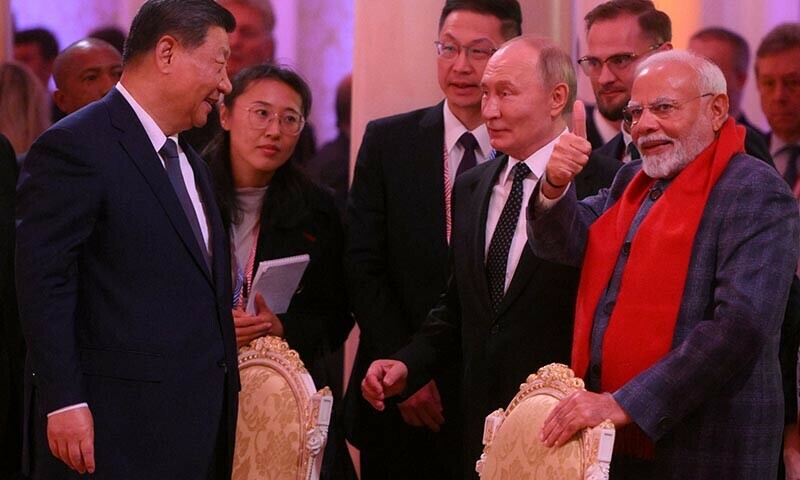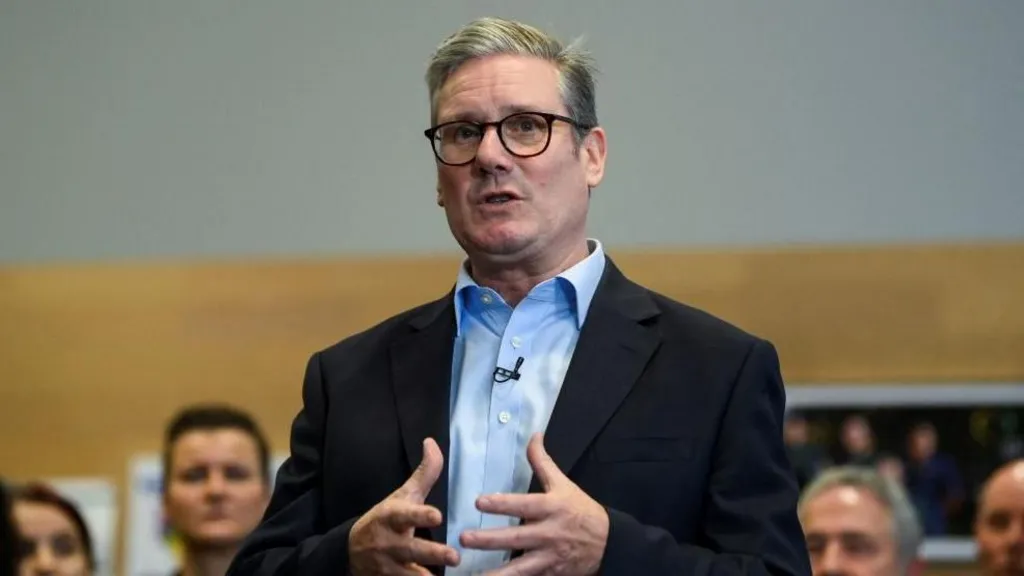RAWALPINDI: Chief of Army Staff (COAS) General Syed Asim Munir emphasised the critical role of inter-service collaboration, which he believes is essential for achieving operational success during his visit at a Pakistan Air Force air base to witness the ongoing multinational exercise Indus Shield-2024 on Thursday.
In a statement, Inter-Services Public Relations (ISPR) said that General Munir was received by Chief of Air Staff Air Chief Marshal Zaheer Ahmed Baber Sidhu with Chief of the Naval Staff Admiral Naveed Ashraf also present.
“Exercise Indus Shield-2024 is the biggest multinational exercise of the region that is witnessing participation from 24 esteemed Air Forces converging to foster interoperability and training through state-of-the-art facilities embodying the exercise motto; ‘Stronger When Together’,” the ISPR stated.
Additionally, COAS expressed his satisfaction over the combat readiness of Pakistan Air Force (PAF) and the progress made through various modernisation and up-gradation programmes.
“Later, he witnessed exercise operations, static display of various niche and disruptive technologies where he was briefed on the modernisation efforts of Pakistan Air Force to stay abreast with contemporary security challenges which was later followed by an enthralling aerial display by PAF fighter jets.” the army’s media wing added.
General Munir also interacted with the aircrew and appreciated the resolve of PAF personnel to safeguard the aerial frontiers of Pakistan.
“The chief of air staff expressed his gratitude for COAS’s visit, reinforcing the commitment to enhance cooperation between the army and air force in both training and operational contexts,” the ISPR added.
Moreover, he apprised General Munir on modernisation and indigenisation drive being carried out by PAF through induction of state of the art weapon systems, the ISPR further added.
Furthermore, while speaking at the occasion, the air chief highlighted that the ongoing exercise Indus Shield-2024 will go a long way in bolstering interoperability amongst the participating nations and will train their air & ground crews to face contemporary warfare challenges.


